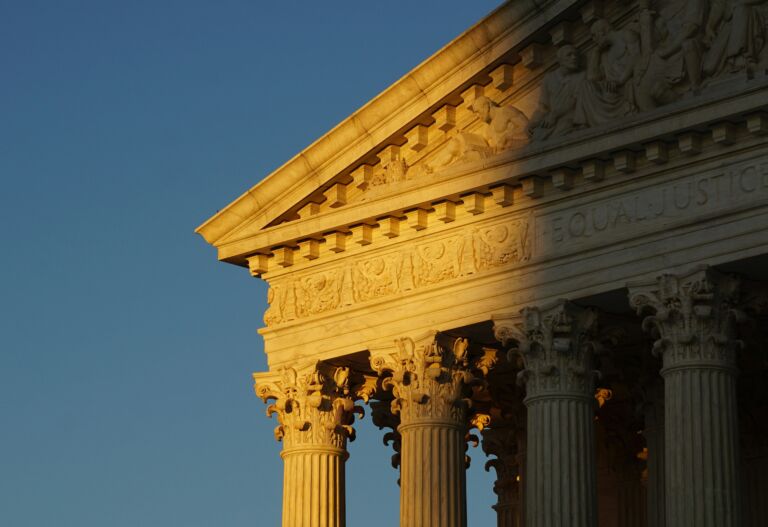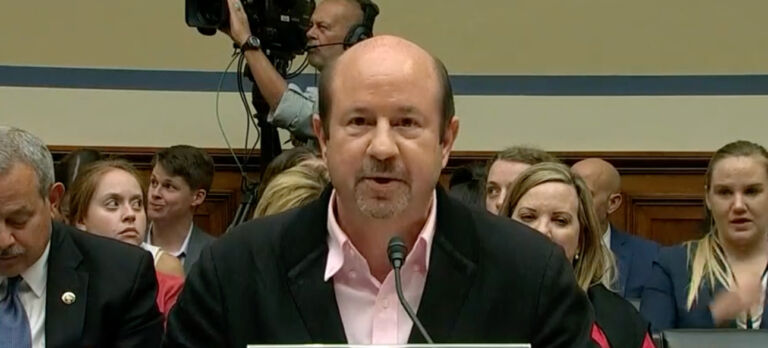High school students at a handful of North Carolina schools staged walkouts to protest gun violence and demand stronger gun laws in the wake of the Parkland school shooting. Nationwide walkouts are planned for March 14 and March 20.
For decades, public school students in communities across the nation have exercised their First Amendment right to stage walkouts and protests designed to bring attention to perceived injustices and social problems. The U.S. Supreme Court affirmed their right to do so in the 1969 case, Tinker v. Des Moines Independent Community School District. As Justice Abe Fortas famously wrote for the majority in the 7-2 decision, “It can hardly be argued that either students or teachers shed their constitutional rights to freedom of speech or expression at the schoolhouse gate.” That said, the ACLU points out that students can still be punished if the activity “disrupts the functioning of the school” during the regular school day.
With the notable exception of the civil rights movement, seldom do elected officials pass meaningful legislation or intervene in ways desired by these young adults. In most cases, such demonstrations are only useful ways to attract media attention and, of course, rattle parents’ nerves.
Indeed, some parents question whether public schools with a politically-active faculty or student population are suitable for impressionable children. Consider parents or students whose values do not align with students demanding stronger gun laws, for example. These may be families who use firearms responsibly or favor stronger Second Amendment protections. Perhaps they worry that school staff, who sometimes cultivate student radicalism, will be antagonistic toward those who maintain opinions that are contrary to their own. Perhaps they worry that students who refuse to participate in protests will be harassed by their peers. Perhaps they just want their child to receive an education that focuses on the rigorous acquisition of knowledge and skills, rather than the inculcation of ideology. Perhaps they want schools to be a respite from the “politicization of everything.”
Student activism in middle and high schools has both benefits and costs. Without a doubt, students learn from their participation in politics. They see the real-world application of concepts learned in history, economics, and civics courses. They hone communication skills, such as rhetorical strategies used to persuade others. In short, political activity can serve as a useful extension of classroom instruction.
On the other hand, walkouts and demonstrations disrupt the normal operations of the instructional day. The time outside of the classroom may be less educationally valuable than what the student would otherwise learn in the classroom. And schools that do not encourage students to air opposing views or, at a minimum, insist on civil dialogue between them may cultivate an educational environment that marginalizes students based on sincere and deeply-held beliefs simply because they do not conform to the prevailing ideology. At worst, they are simply an excuse for young adults to cut class and enjoy some fresh air with friends.
As Ben Kirshner points out in his book, Youth Activism in an Era of Education Inequality, there is a growing movement for schools to “become places where student voice is part of the fabric of institutional decision making” and “support youths’ engagement in public works with their teachers.” But that raises key questions. What if parents don’t want their schools to focus on public work? What if they just want their schools to be places where students acquire the intellectual foundations for postsecondary education and productive careers?
I am pleased to see that public school officials are urging parents to discuss school safety, student activism, and related concerns with their children. In conversations with our middle-schoolers, my wife and I found that they do not have a clear understanding of the social, constitutional, and legal issues that underlie the call for changes to gun control laws. We were not surprised. If their peers also lack sufficient background knowledge to make an informed decision about the walkout, then I question its educational value.


